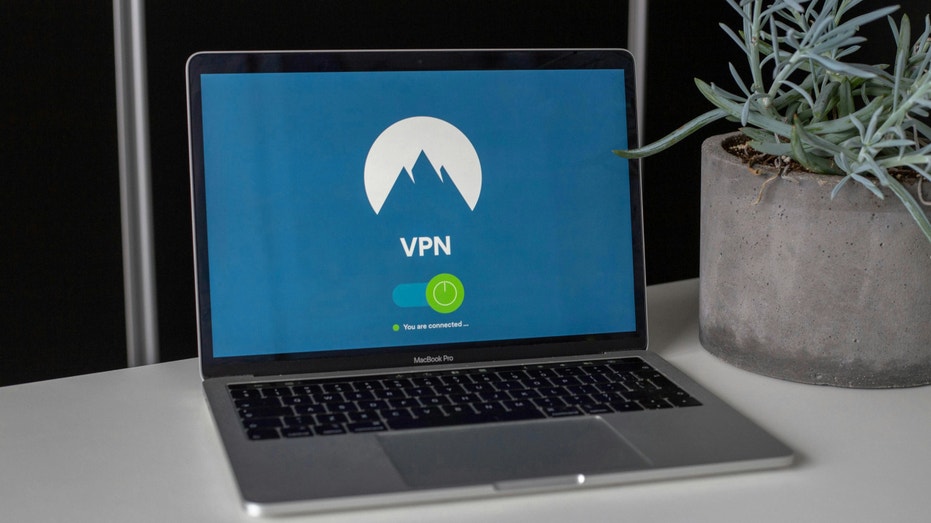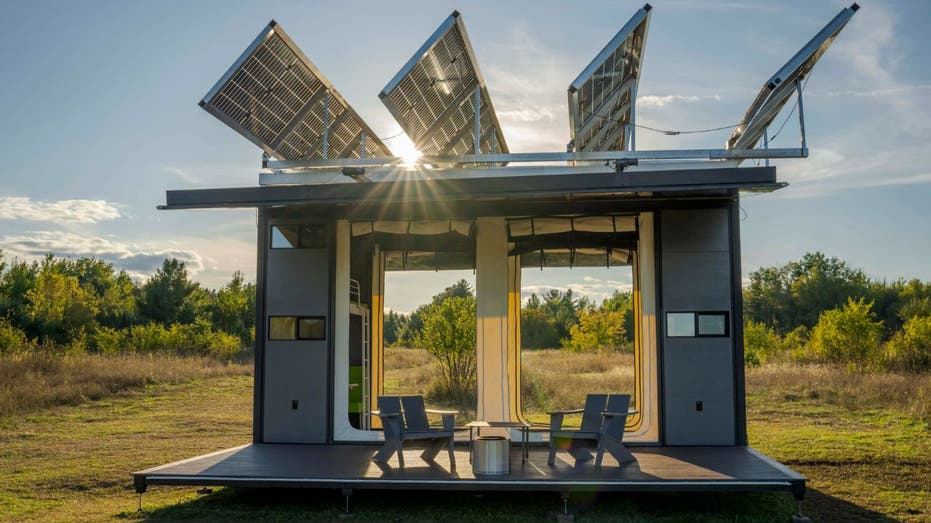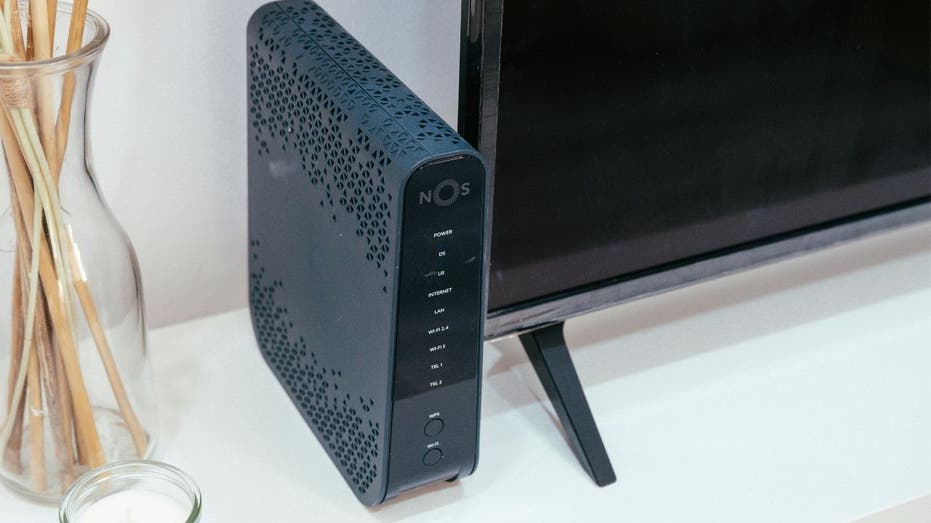- by foxnews
- 05 Apr 2025
Do you need a VPN at home? Here are 10 reasons you do
A virtual private network can help ensure your information remains security and your privacy remains intact. Kurt the CyberGuy explains.
- by foxnews
- 22 Dec 2024
- in technology

Have you ever felt a little uneasy while browsing the internet, wondering who might be watching your online activities?
Well, let me introduce you to a handy tool that can put your mind at ease: the virtual private network, or VPN.
When you first connect to a network using a VPN, your device will establish a secure connection with the VPN server, and your device's IP address will appear as the VPN server, meaning that only your internet service provider will see that you're connecting to a VPN server. Normally, when you connect to a website, the website or any online services you visit can see your device's technical information, including location-sensitive data such as IP addresses.
Online content and services like Netflix are restricted to specific geographic regions. This content can range from news websites to video streaming platforms and social media apps. Using a VPN at home can appear to be using the internet from another location, allowing you to access restricted services.
Sometimes, an internet service provider (ISP) will slow down bandwidth or certain online activities. One of the most common reasons networks do this is to manage network congestion, especially during peak hours. You might notice that your home internet connection slows down at night, when everyone is home from work, or it might slow down when summer vacation starts. Using a VPN will prevent your service provider from identifying the type of web content you are accessing, making it impossible for your ISP to slow down your traffic.
A VPN also keeps your internet activity private from Wi-Fi network admins, who, if technically skilled enough, can figure out which websites you've visited. If you're worried about the Wi-Fi admin of your office, hotel, school or other public place having access to your browsing history, a VPN is the perfect solution for you. When it comes to your own home Wi-Fi network, a VPN will keep your browsing history private from other household members.
Hackers deploy large-scale cyberattacks to observe network activity and steal your information. These attacks are particularly prevalent on public Wi-Fi networks, which often have minimal security measures, but they can also target secured networks. Using a VPN can significantly enhance your security by providing encryption for your internet traffic, making it difficult for hackers to intercept and read your data. This encryption is especially crucial when using public Wi-Fi, as it secures your information from potential eavesdroppers.
Additionally, a VPN masks your real IP address with that of the VPN server, helping to protect your identity online and making it harder for attackers to target you directly. However, it is essential to understand that while a VPN adds a layer of security, it is not a comprehensive solution against all cyber threats.
There's a myriad of reasons, ranging from political to economic, that countries use to justify censoring certain apps and websites. It can be incredibly frustrating for citizens and anyone traveling to that country to lose access to email, social media, news websites and other tools that keep us connected to the world around us. I've used VPNs extensively while traveling to ensure that I can always view my most important websites, no matter where I actually am. As I've mentioned, a VPN can mask your IP address and make it appear as traffic from a different country, allowing you to bypass online geographic restrictions.
It's no longer the work of sci-fi. We do know that governments, nearly all of them, surveil their citizens. A VPN will add a layer of privacy, making it significantly more difficult for governments to detect your web traffic. Even if you feel that you have nothing to hide, online privacy is something you should feel free to exercise.
Much like governments, your ISP can surveil your online activity with ease. While most ISPs claim that they don't sell your browsing data, they are often allowed through contracts with marketing agencies to give your data away for free to advertise to you. The simplest way to hide your online activity from your ISP is to use a VPN. When using a VPN, your ISP won't be able to see which websites you visit or which apps you use.
While it may seem counterintuitive, a VPN can offer faster connection speeds for online gaming. It can also help prevent your ISP from throttling bandwidth directly from gaming servers. By changing your VPN's location, you can connect to a server closer to your gaming server, which will give you better latency. This is also called ping, which determines how fast the server responds to your inputs.
To fully leverage the benefits of your VPN and enhance your online security, consider these important tips that will help protect your personal information and ensure safe browsing.
5. Regularly monitor your accounts: Check your retirement accounts frequently for any suspicious activity.
If you want to start taking your online privacy seriously, it's worth getting a VPN. There are a wide range of options available. You can pick up a router with a VPN or install a software VPN on your devices. I prefer to have a VPN on my laptop and smartphone, and I especially find it useful when traveling internationally.
Follow Kurt on his social channels:
Answers to the most-asked CyberGuy questions:
New from Kurt:
Copyright 2024 CyberGuy.com. All rights reserved.
- by foxnews
- descember 09, 2016
Excavation near site where Jesus was crucified and buried results in ancient discovery
Proof of ancient olive trees and grapevines, consistent with a Bible verse, has been found at the Church of the Holy Sepulchre in Jerusalem, an archaeologist confirms.
read more





